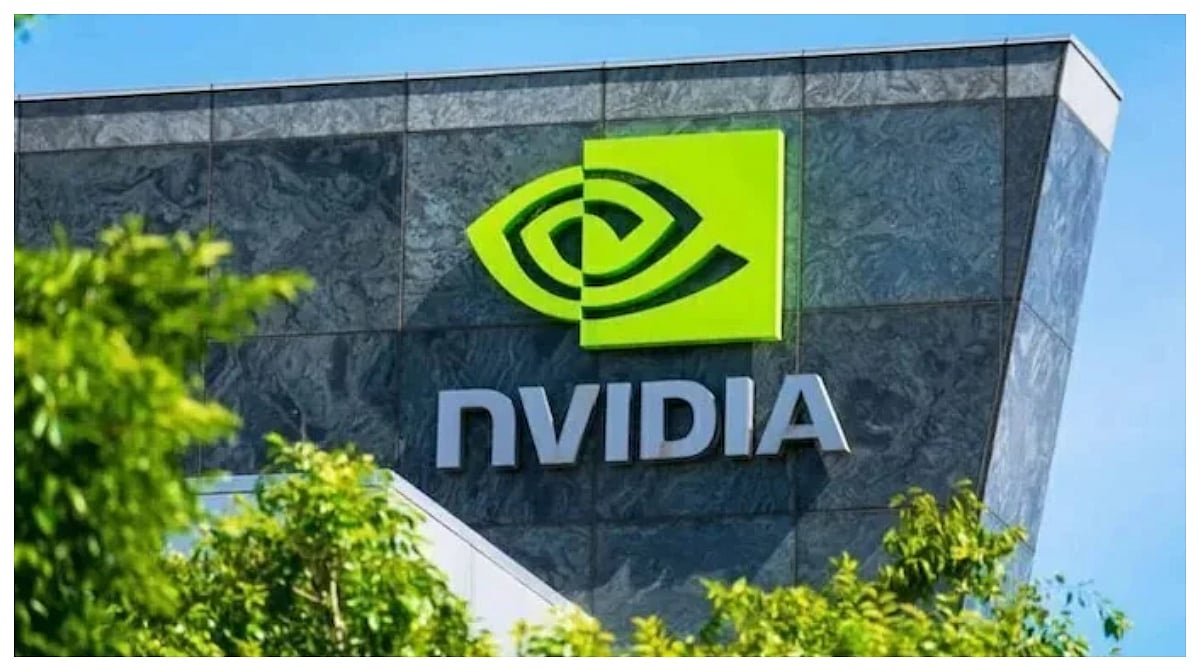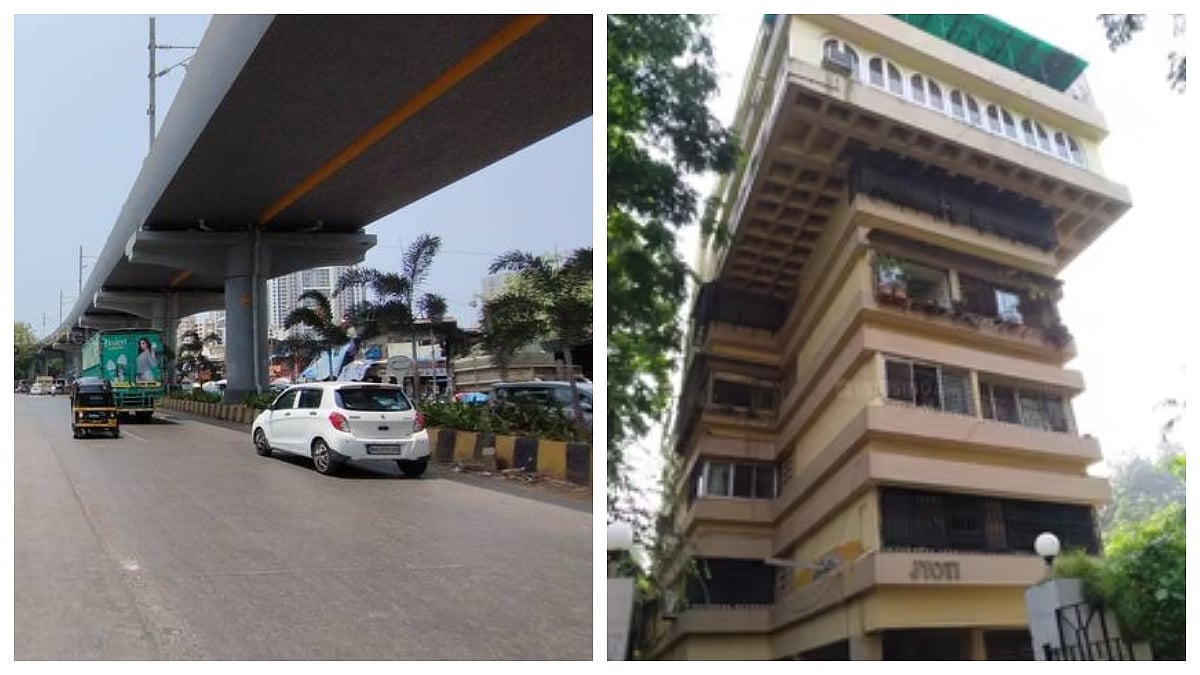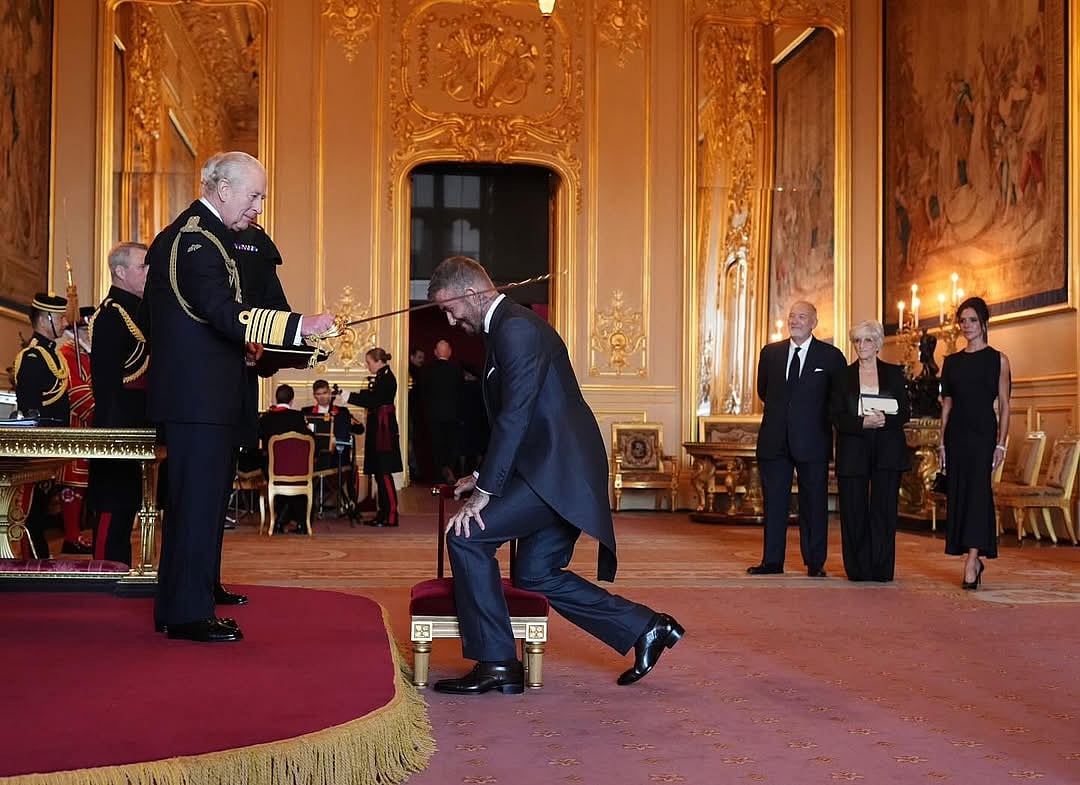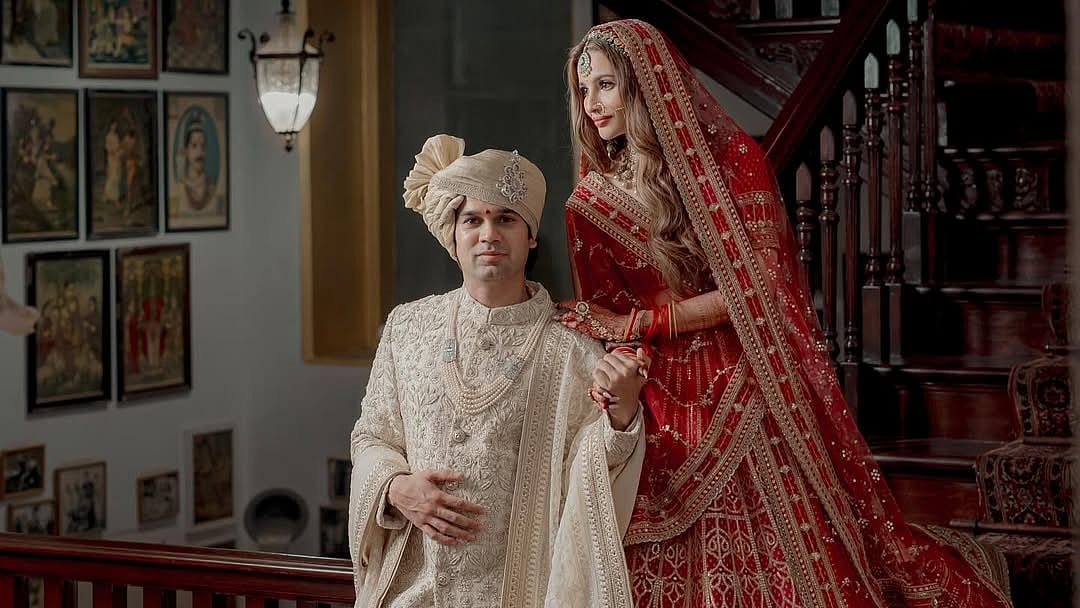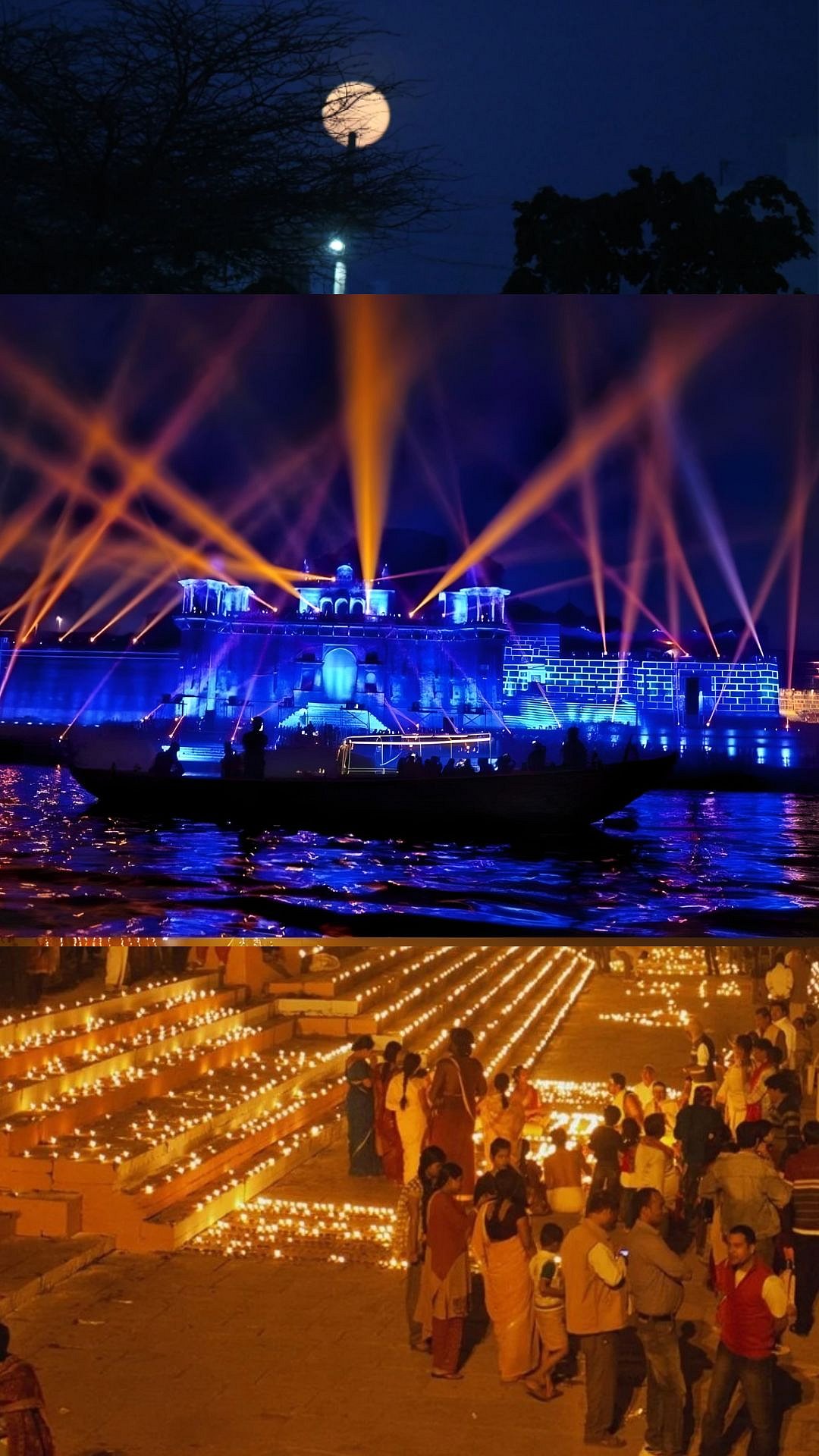If there's one actor in Bollywood who broke the stereotypical sexist notion of a heroin, it has to be Rani Mukerji. Despite several doubts about her short height and voice, she not only made her grand debut at a young age but also worked in films that stood the test of the time. She is one actor in Bollywood, who is still relevant and takes up roles where she dominates the script, screen, and everything about the movie. Though the audience took notice of her performance in the very first film Raja Ki Aayegi Baraat (1996), it was films like Black, and Paheli that proved her an actor par excellence.
The Hichki actor was recently in Goa for the ongoing International Film Festival of India, IFFI, where she travelled down memory lane and recalled her journey of playing some of the excellent roles on screen. Excerpts:
To start with, you haven't spoken much about your debut in Bollywood. Would you like to tell us about the first day on the set of Raja Ki Aayegi Baraat?
(Laughs)! It was my Muhurat shot for the film and it was the first time that I was exposed to the camera. I was 16 and had to learn a long dialogue. I was good at mugging up lines as a history student. I never wanted to be an actor so I was very nervous. But my mother wanted me to give it a try because I did learn classical dancing, but never spoke a single dialogue. I also had a stammering problem. But the minute the director said 'action', I started delivering my lines and surprisingly, it came easily. I was shocked to have actually done it. I had an instinct that said you can do it if you remove that stage fright. It was that day, when I felt that I was born to be an actor.

As an actor, your journey on screen has been tremendously successful. At this stage of your career, do you have any regrets as an actor, especially, missing out on some good films?
I have never regretted anything because I believe every actor gets to do a character that he or she is destined for. The audience will get to see your film for what you have done. It's pointless talking about missing doing a film. The only film unfortunately I couldn’t be part of due to a date clash was Lagaan because Aamir Khan was turning producer with it. He wanted all the actors he knew together. At that time, I had already signed a film and was left with 10 days of shooting. I wanted to do Lagaan with Ashu Bhai (Ashutosh Gowarikar) and it was Aamir’s first film as a producer. I guess at the start he was trying to do this but later he also went back and forth to Mumbai which he told me later. That was very unfortunate.
But then you did Black with Sanjay Leela Bhansali, which in a way changed the course of your career as an actor.
Black actually made a huge difference in my personal life as well. I started having gratitude for basic things in life that we take for granted. Today, I am able to communicate with you because I am able to speak and hear. Black taught me all of this. It was extremely touching to me because they were very comfortable in their skin and very confident. They also knew how to work on a normal computer. For me doing that was impossible. I realised nothing is impossible as we condition ourselves that we cannot do it. I learned that we should not have this attitude. Black helped me become a better human being.

You also experimented with your roles, which not many actors would do. For instance, playing a Sikh boy in Dil Bole Hadippa!
I have to say that every morning I had to apply glue and stick my beard on my face. It was a horrifying thing for a woman to do. But I enjoyed playing the part. It was an amazing experience. There was so much humour we brought in through the film. We shot the film at 35-degree temperature in Mumbai and having a beard was a different challenge.
Was Paheli difficult, considering it was a different genre of film?
It was about love and to feel love for somebody like Shah Rukh comes easily to me. When he is on set comfort comes in with him as I also started my career with him. There is a lot of love for him and he too has love for me. Paheli was a folktale and the character was beautiful, which defied what people in that era felt. The character was very strong. I am always inspired by strong women characters. Wherever I have to show the strength of women, it comes very naturally to me. I get attracted to those kinds of characters and performance comes naturally to me.

How much do you agree with the popular belief that an actor should be versatile?
It is very important! If an actor is able to show different people on screen convincingly, he is a versatile actor. At the end of the day we are portraying different people in cinema as every story is about characters and as an actor, we are characters in different films. The more diverse you can make those characters, the more interesting it becomes for the actor and audiences. I would be bored with the same role. I got energy from characters that inspired me. For instance, Shivani Shivaji Roy of Mardaani 2 inspired me as an actor. If I play different characters, I get a chance to be someone that I will not be in my personal life.
Which was the last film you watched that really inspired you?
After my dad passed away in 2017, on each of his birthdays I watched the films that he directed. When I saw Leader (1964), I was blown away and understood why Dilip Kumar was so much loved as an actor and why a lot of actors were inspired by him. The way he did the comic scenes blew my mind. I was watching it as a kid and was obviously awed by the grandeur of the film and Vyjayanthimala's dance, beautiful songs, and romantic scenes left me spellbound.

